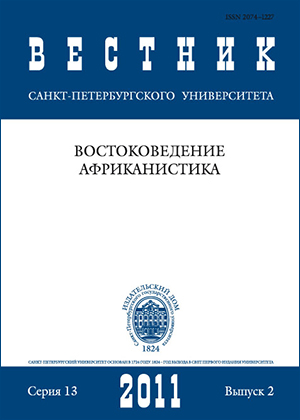Stratagems, as a feature of Chinese national psychology and a way of social behavior
Abstract
Stratagems are a type of traditional Chinese idiomatic expressions, most of which consist of four characters, that have variably been attributed to Sun Tzu from the Spring and Autumn Period of China (643 AD). “Thirty Six Stratagems” was originally a Chinese essay used to illustrate a series of stratagems used in politics, war, as well as in civil interaction. These stratagems mean that you can mask your real goals, by using the ruse of a fake goal that everyone takes for granted, until the real goal is achieved. By the time everyone realized it, you have already achieved the goal. The main idea of stratagems is to avoid a head on battle with a strong enemy, and instead strike at his weakness elsewhere. Nowadays, the stratagems became a feature of Chinese national psychology, a type of thinking and a way of social behavior. Moreover, it has already spread to national cultures of such countries, as Japan, Korea and Vietnam. To estimate and interpret, to analyze and match historic events, you should regard stratagems to avoid false assessment of Chinese history.
Keywords:
A notion “Stratagem”, list of “36 stratagems”, European and Russian historiography, Harro von Senger, V. S. Myasnikov
Downloads
References
Downloads
Published
How to Cite
Issue
Section
License
Articles of "Vestnik of Saint Petersburg University. Asian and African Studies" are open access distributed under the terms of the License Agreement with Saint Petersburg State University, which permits to the authors unrestricted distribution and self-archiving free of charge.





